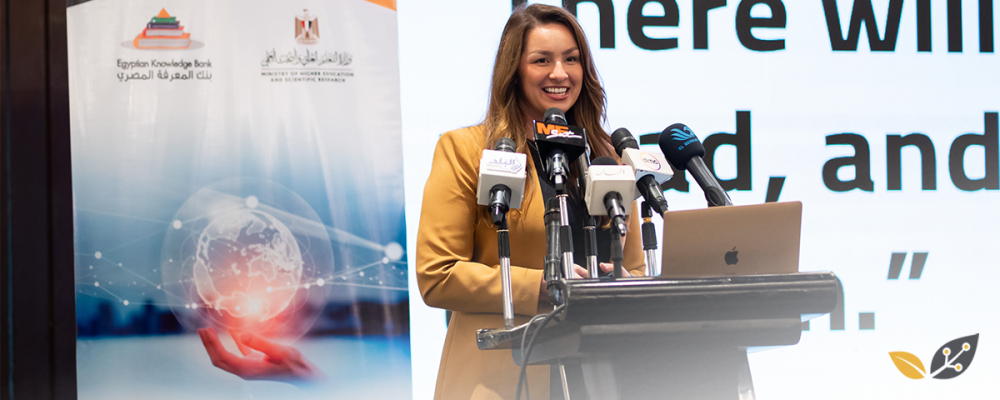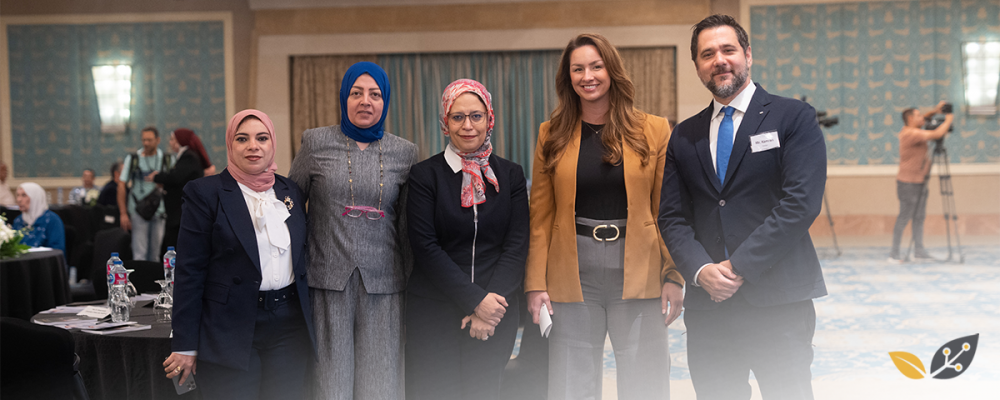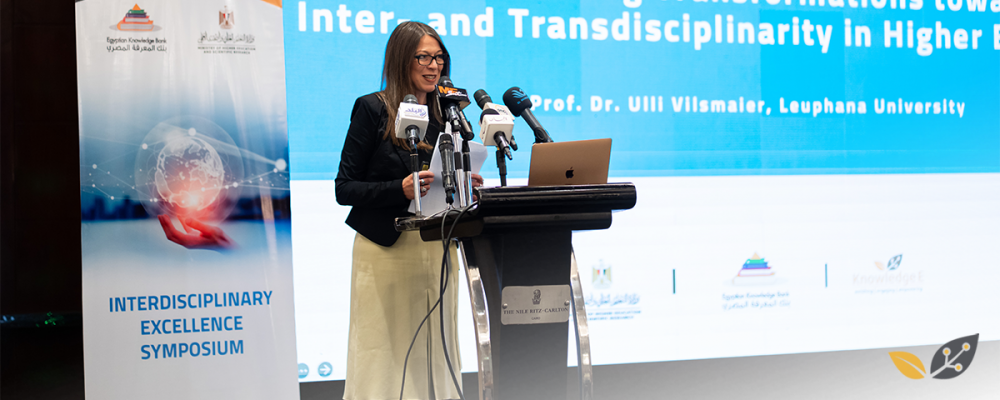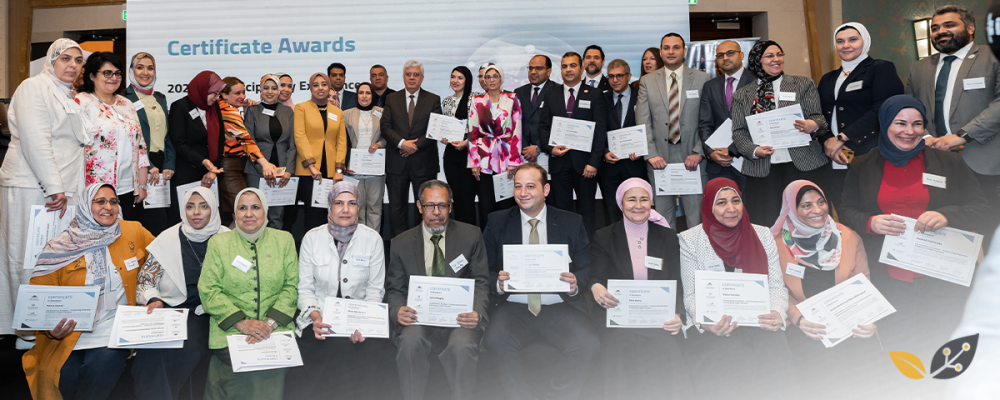
Today’s news is full of complex societal and environmental challenges: the rapid shifts in the global knowledge economy, new reports on increased threats from climate change, and the lasting effects of the COVID-19 pandemic. Egypt is proactively responding to these challenges with an innovative, national-level Interdisciplinary Excellence programme in higher education to build interdisciplinary educational design, teaching skills, and research with university faculty across the country.
For the past three years, the Ministry of Higher Education and Scientific Research and the Egyptian Knowledge Bank (EKB), in collaboration with long-time training and consulting delivery partner Knowledge E, have provided comprehensive capacity-building training programmes to strengthen interdisciplinary activities in Egyptian universities and advance interdisciplinary approaches to address complex real-world problems. This year’s capacity building programme has provided comprehensive training to 58 university professionals from 18 different Egyptian universities.

On the 11th of May 2023, his excellency Dr. Ayman Ashour, the Minister of Higher Education and Scientific Research, along with the delivery partners, global experts, and programme participants came together to celebrate the success of the national Interdisciplinary Excellence programme and launch the ‘Egyptian National Interdisciplinary Network’.
The network is officially supported by the Ministry of Higher Education and Scientific Research and the EKB (and its relevant international partners). The network will aim to advance inter- and transdisciplinarity in Egyptian Higher Education and contribute to international peer-networks and collaborative global initiatives.
The event received significant national press and media coverage. Some international media outlets also covered this news. Here are a few media mentions highlighting the event:
TV Media Mentions:
Newspaper Media Mentions:

Delivered by Dubai-based Knowledge E, and guided by global experts from Australia, Europe, and North America, including leaders of the Integration & Implementation Sciences (i2S) team at the Australian National University and the Global Alliance for Inter- and Transdisciplinarity (ITD Alliance), the capacity-building training programmes have supported the development of nearly 200 Egyptian academic professionals representing 31 universities, over three years.
The training has been the designed to:
1. Enable participants to incorporate the teaching of interdisciplinary research skills and apply interdisciplinary teaching and learning models in their universities.
2. Foster the awareness, promotion, and implementation of interdisciplinary approaches in higher education throughout Egypt.
3. Increase the impact of interdisciplinary research expertise in Egypt through advanced training and collaborative research projects.
4. Prepare researchers in the foundations of effective interdisciplinary research for addressing complex societal and environmental problems, including the achievement of Egypt’s Vision 2030 goals.

All the contributing global experts have expressed great enthusiasm for their work with Egyptian participants and deeply value the regional perspectives and contributions that the Egyptian stakeholders are beginning to make to international networks of inter- and transdisciplinary scholarship and practice. They applaud Egypt’s national-level attention to interdisciplinary capacity building.
In 2015, Nature’s special issue on interdisciplinary research began with an editorial saying, “The best interdisciplinary science comes from the realisation that there are pressing questions or problems that cannot be adequately addressed by people from just one discipline.”

Global competitiveness in the information age is essential to prosperity, but only if it can be achieved sustainably and equitably for individuals, societies, and the natural environment that supports them. These are complex challenges with many interconnected opportunities and problems that involve all sectors of society and build on virtually all human and scientific disciplines of knowledge. Strategies addressing these priorities require mindsets and skills for integrating scientific knowledge from different disciplines (interdisciplinary) with practical, political, and local society knowledge (transdisciplinary).
